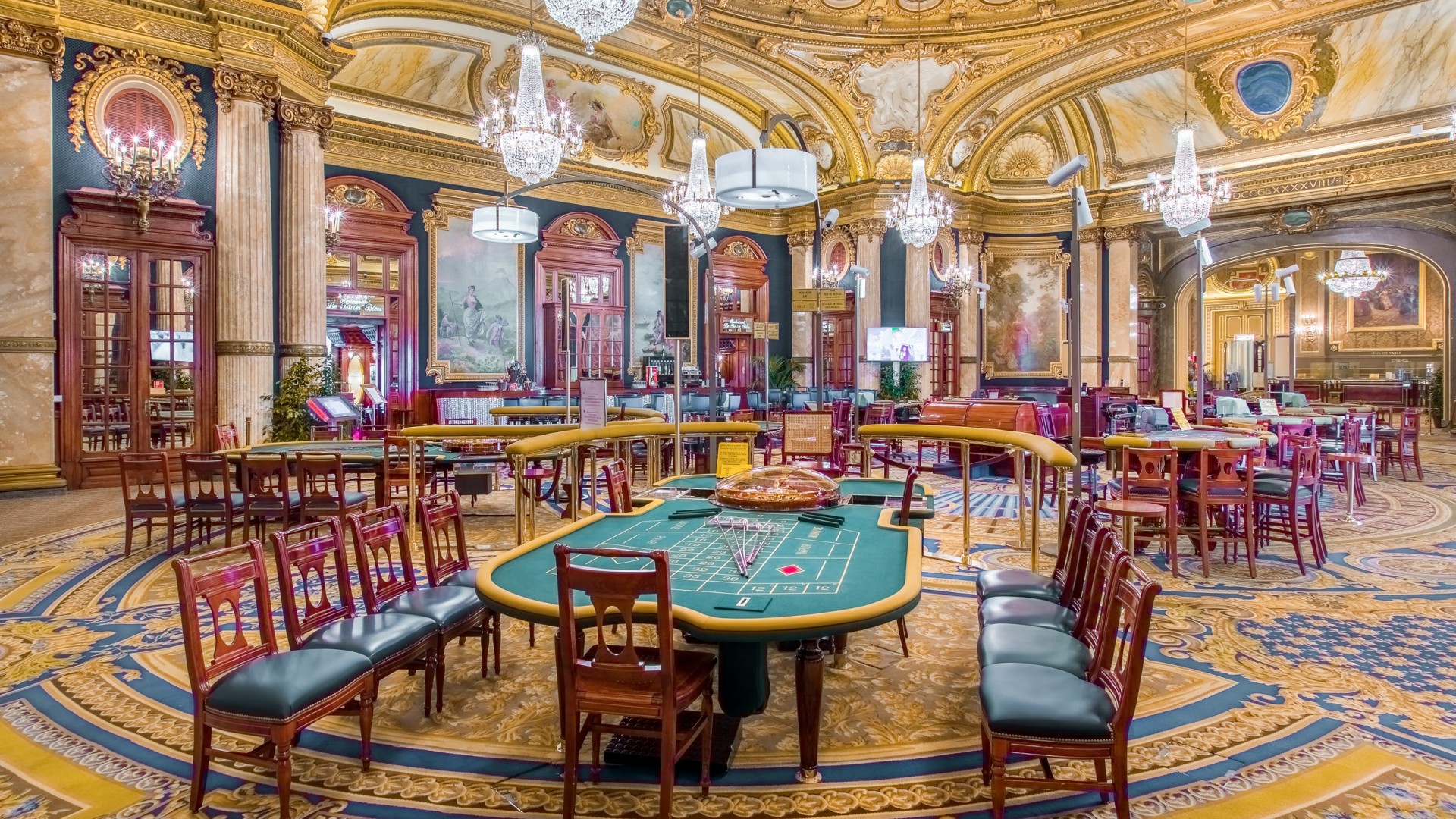
Gambling games have fascinated players throughout history, transforming from basic recreational activities to complex experiences that integrate fortune, strategy, and entertainment. From the ancient roots of gambling in civilizations such as Mesopotamia and Rome to the glitzy corridors of current casinos, the history of these games reveals much about human nature and our interaction with luck. As cultures blended and technological advancements have occurred, casino games have transformed, reflecting societal changes and innovations in gameplay.
The earliest forms of gambling likely included basic dice-based games and betting on the outcomes of sports competitions. Through the years, these primitive activities grew into more complex games like playing card games, roulette, and the multitude slot machines that line casino floors today. Every generation brought its own set of rules, design elements, and sociocultural significance. At present, casino games continue to evolve with the rise of digital gaming platforms, enabling players from all corners of the globe to engage in a collective experience, further merging the traditional with the age of technology.
Early Beginnings of Casino Activities
Casino games have origins that extend back to old civilizations, where gambling was deeply embedded in social traditions and cultural customs. The earliest known instances of betting emerged in Mesopotamia around three thousand BC, featuring simple dice activities made from knuckle bones. These primitive activities laid the basis for more advanced betting activities, demonstrating humans’ natural desire to seek wealth and entertainment through luck.
As civilizations evolved, so did their betting pursuits. In ancient China, around two thousand three hundred BC, tiles were unearthed that were similar to primitive basic versions of a lottery activity. More organized instances of betting arose in the Roman Empire, where games of chance were a common recreation, often occurring in social events. The Romans developed different betting games, which entailed dice and board activities, showing the pervasive nature of betting across various social strata.
With the movement of ages, these early activities influenced the progress of contemporary gambling games. In the Middle Ages, playing card activities became prevalent in European culture, paving the way for the organized gaming establishments we know today. The shift from casual betting to formal gambling in taverns and private homes marked a major shift in how people interacted with games of chance, leading to the eventual creation of casinos as dedicated places for gambling.
The Growth of Contemporary Gambling Industry
The final 1960s and 1970s marked a significant transition in the field of casino games, propelled by technological advancements and shifts in cultural attitudes towards gambling. The introduction of personal computers and the internet altered the way players engaged with their beloved games. Online casinos emerged, allowing players to enjoy classic table games like Texas Hold’em and blackjack from the convenience of their own homes. This emerging digital landscape not only expanded availability to gambling options but also attracted a younger crowd who found the ease and variety tempting.
As digital gambling gained momentum, so did developments in gaming technology. The development of advanced programs and visual elements changed conventional casino games into engaging experiences. Players could now interact with realistic live dealers through live streaming, importing the feel of brick-and-mortar casinos directly into their homes. 32win This blending of live gaming with online platforms created a novel combination that enhanced the community element of gambling, allowing it possible for people to connect and compete with fellow gamers around the globe.
Moreover, the rise of mobile gaming substantially changed the gambling environment. With the ubiquitous use of smartphones and tablets, gamblers can play their favorite casino games anywhere, at any time. Mobile applications offer a wide selection of games tailored for mobile screens, serving the dynamic daily life of modern users. This accessibility has resulted in growing engagement in casino games, fostering the exponential growth of the gambling sector. As a result, the future of the gaming industry continues to develop, adapting to new technologies and shifting consumer preferences.
The Impact of Technology on Casino Games
Technology’s advancement has significantly transformed casino games, enhancing the overall gaming experience for players around the world. As the internet emerged, online casinos emerged, allowing players to play their preferred games from the comfort of their homes. This change not only made casino games more accessible but also expanded the variety of games offered, as online platforms could host numerous variations of traditional games without the physical constraints of physical casinos.
The rise of mobile technology further revolutionized the casino gaming landscape. As smartphones and tablets became widespread, players can to play casino games anytime and anywhere. This mobility has resulted in the creation of dedicated mobile applications and optimized websites that provide seamless gaming experiences. Additionally, innovations such as live dealer games have brought the genuine feel of a casino into players’ homes, connecting between physical and online gaming.
Moreover, advancements in AI and virtual reality are leading to the next generation of casino games. AI improves game design and player interaction, creating customized experiences based on user behavior and preferences. Meanwhile, virtual reality provides immersive environments where players can interact in a virtual casino environment, making the gaming experience more exciting and lifelike. As technology continues to evolve, the future of casino games seems bright, filled with endless possibilities for innovation and entertainment.
